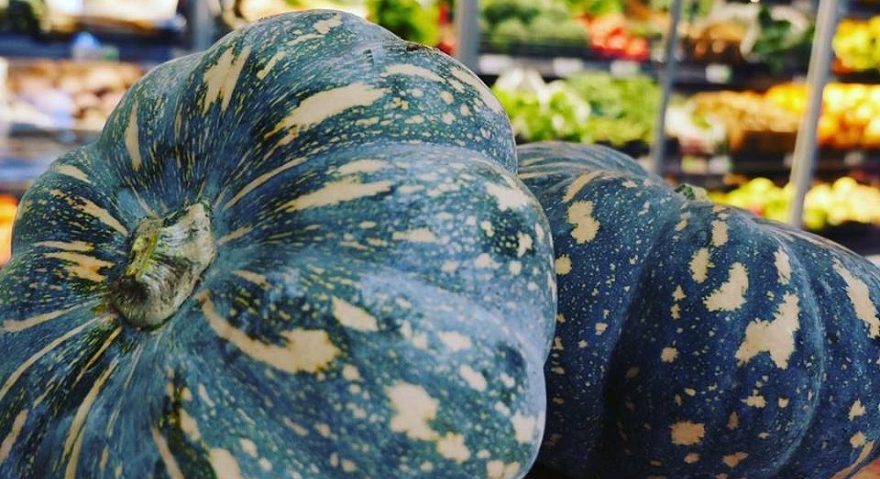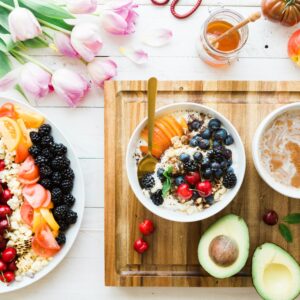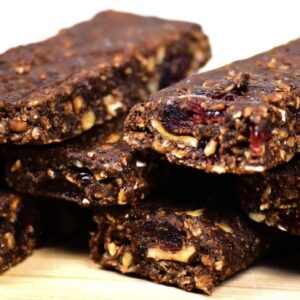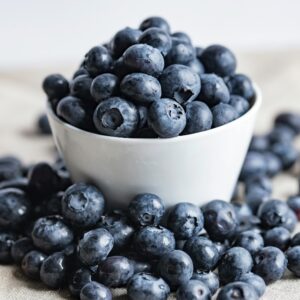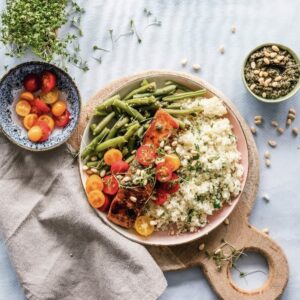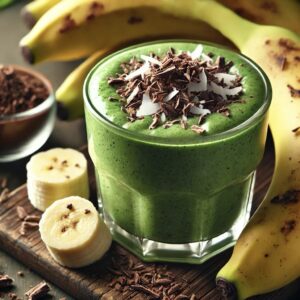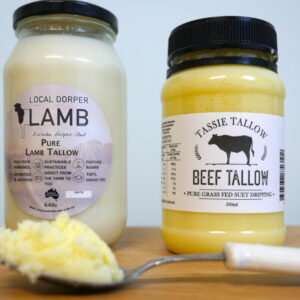Transitioning to buying and eating organic foods over conventional can be incredibly overwhelming. Which foods should you prioritise if budget is a factor? How do you know if it’s really organic?
We thought it might be helpful to share some tips on what to look out for when selecting organic fruits and vegetables, as well as organically raised meat, dairy and eggs.
Look out for the organic logo…
The only way to ensure you are getting genuine organic fare is to look for certified organic labelling. The labelling guarantees the organic integrity of the product and proves the systems of the farmers and producers have undergone rigorous testing and have been audited to comply with strict standards.
In Australia, we have 5 companies that are accredited with the Department of Agriculture to perform certifications ensuring companies meet the national standard for organic and biodynamic production. They are:

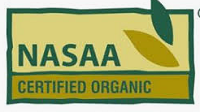
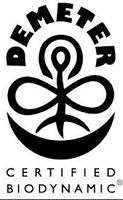
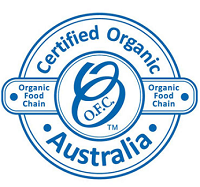
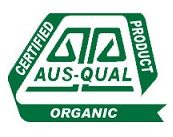
I want to buy organic fruit and vegetables. Where do I start?
If you are just starting your transition to organic produce, choose the softer, more penetrable skinned fruit and vegetables where pesticides have direct contact with edible parts. Also choose produce that you consume with the skins on where the chemical residues would normally remain on the conventional product.
At Go Natural look out for our green and red spot stickers on the price tags of our fruit and vegetables. We identify the certified organic fruit and vegetables (green spot) and spray free, locally grown produce (red spot) so you can make an informed purchase decision.
What about organic meat and dairy?
When it comes to selecting organic meat and dairy products, it’s not enough to ensure animals are simply free ranging and grass fed. When you buy ‘certified organic’ meat and dairy, you can be sure it is sourced from animals that are reared without synthetic growth hormones or processed grains, and using humane breeding and weaning methods that are both gentle and kind to mother and baby. When you buy grass fed only, without the certification logo, you must check it is from a reputable farm that uses as many of the above principles as possible.
Research suggests that organic meat, dairy and eggs can contain up to 50% more beneficial omega 3 fats as well as higher levels of Vitamin E, iron and other minerals. We also believe organic meat has a superior flavour and tenderness. Happy animals = tasty, nutritious meat!
Check out our delicious range of free range and organic meat and dairy in store:
- The Meat-ing Place Organic Meats – lamb, pork, beef and chicken
- Moya Valley free range chickens
- Green Ag organic turkey and chicken
- Barambah Organics dairy milk and yoghurt
Is it important to buy organic eggs?
Many people can feel quite overwhelmed by the large assortment of free range and organic eggs available, not to mention, cage-free, barn-laid, vegetarian, corn fed, omega rich…the list goes on. There is no need to get your feathers in a ruffle (pun intended) as long as you stick to a few key principles when making your choice.
Check for the organic certification logo. This ensures the chickens are fed a diet of organic grain and produce, as well as, allowed to free range on pastures with access to forage fresh grass and wild bugs. An organic egg producer is also only allowed a maximum of 2500 chickens per hectare, as opposed, to a maximum of 10,000 for free range only.
If the producer is not certified, check the eggs come from a home or farm (preferably locally), that allows free ranging outdoors in adequate spaces and are fed a mixed diet of grain and fresh produce to gain maximum nutritional benefits.
Barn laid and cage free eggs can be misleading terms as these chickens can simply be crammed into a barn or shed in an overcrowded space with no access to pastures or the outdoors.
Talk to our friendly staff at Go Natural Foods if you have any questions about the organic produce we sell, we are very happy to help.
you may also like
sources
https://austorganic.com/consumers/certified-organic-frequently-asked-questions/
https://www.sbs.com.au/topics/life/health/article/2016/02/19/should-you-buy-organic-meat-and-dairy

